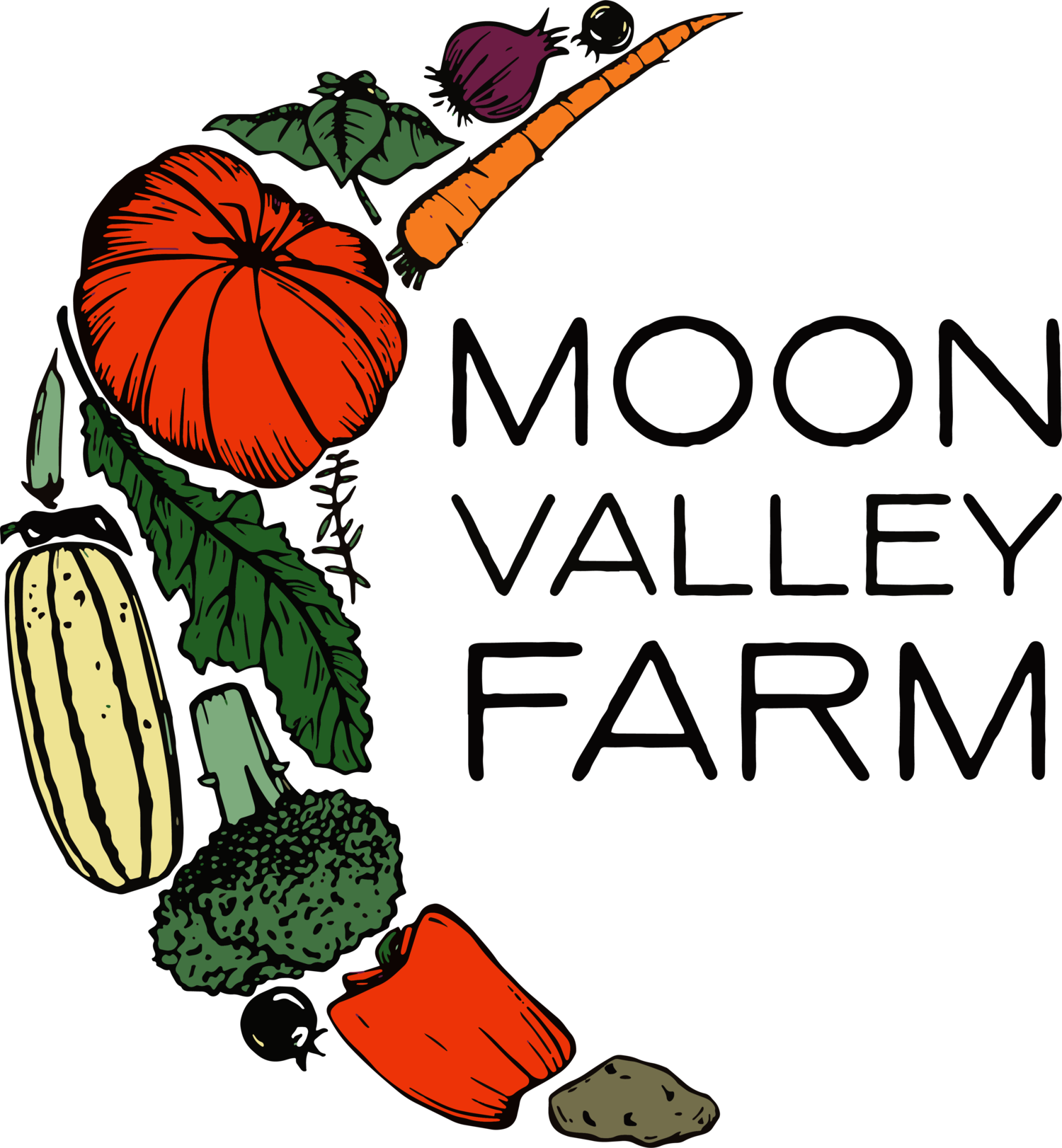Healing the Planet Through Organic Farming
How can we save the world from climate catastrophe? I believe the answer is right beneath our feet: transition conventional farmland to ORGANIC – and fast. Organic farming should be our focus for strategic climate action because it can improve soil carbon sequestration, decrease greenhouse gas emissions, increase climate resilience, and produce healthy food. According to Climate Farmers, if we increase our global soil carbon content by 2%, we farmers can curb the worst effects of climate change. This is how.
Responsible organic land management can sequester carbon in the soil, increase biodiversity, prevent erosion, increase soil health, filter sediments and toxins before getting into our waterways and of course, produce abundant food year-round. Organic management practices include cover cropping, contour farming, crop rotation, diversification (among annuals, perennials, animals, plants, trees, bees and more), installing wildlife habitats: trees, bushes, rock piles, bat houses, bird houses, perennial grasses, installing beneficial insect strips, strategic water management - berms and swales, and prioritizing soil coverage.
In contrast to many conventional farmers* that prioritize this years’ profits with monocrops, heavy use of synthetic nitrogen-heavy fertilizers, and always taking from the soil without ever giving back, organic practices managed holistically and adopted widely can truly change the trajectory of our planet.
[*Please note: Conventional farming is NOT all bad, and organic farming is NOT all good; organic farmers can have worse practices than conventional farmers, especially if we use the example of an organic farmer who is monocropping and hyper-focused on short-term gains, against a conventional farmer who has generational wealth in land, equipment, knowledge and community resources and wants to steward the land well for future generations. In fact, we collaborate with several select conventional farmers and I trust them and their methods to produce high-quality, healthy foods. This simplification is utilized here to illustrate contrasting scenarios, which I come into contact with on a daily basis.]
Although these organic practices are a major win for the Earth, not to mention the nutritional value of the food produced on it, they take more resources to employ. Many farmers are skipping them because they don’t have the LAND, MONEY, EQUIPMENT and skilled LABOR required. From the business standpoint, these practices are not paying dividends in the short run - they are long term investments - and so it is easy for farmers, organic and conventional, to skip these practices if they are strapped for resources (just like it’s easy to not save for retirement if your budget is tight).
On the diversified vegetable farm, growing and selling veggies pays our mortgage, our salaries and for our supplies, repairs, equipment – our operating expenses. From there, we need to make a profit in order to invest in the business’ future: we need a healthy emergency savings account (for literal rainy days), we need to make short term investments and we need to make long-term investments.
Some short term investments we might make on the organic farm include investing in tools or implements that allow us to be more efficient, high tunnels that will give us bigger returns over time, or cover cropping fields to suppress weeds and fix nitrogen for the next crop. We also need enough resources leftover to make long term investments – investments in things like solar panels, planting windbreaks and taking land out of production for multiple years to increase soil organic matter.
Investing in local, organic food empowers organic farmers like us to BETTER steward the land, because you are equipping us with these resources. The cost of much of the conventionally available food does not take into account these long-term investments, and can be sold for less - at the cost of the Earth. Invest in organic for your health AND for the planet.
‘UNLESS someone like you cares a whole awful lot, nothing is going to get better. It’s not!’ The Lorax, Dr. Suess




